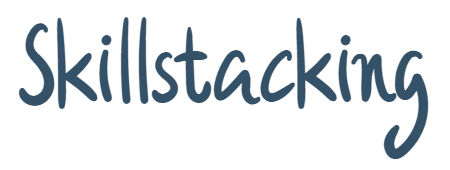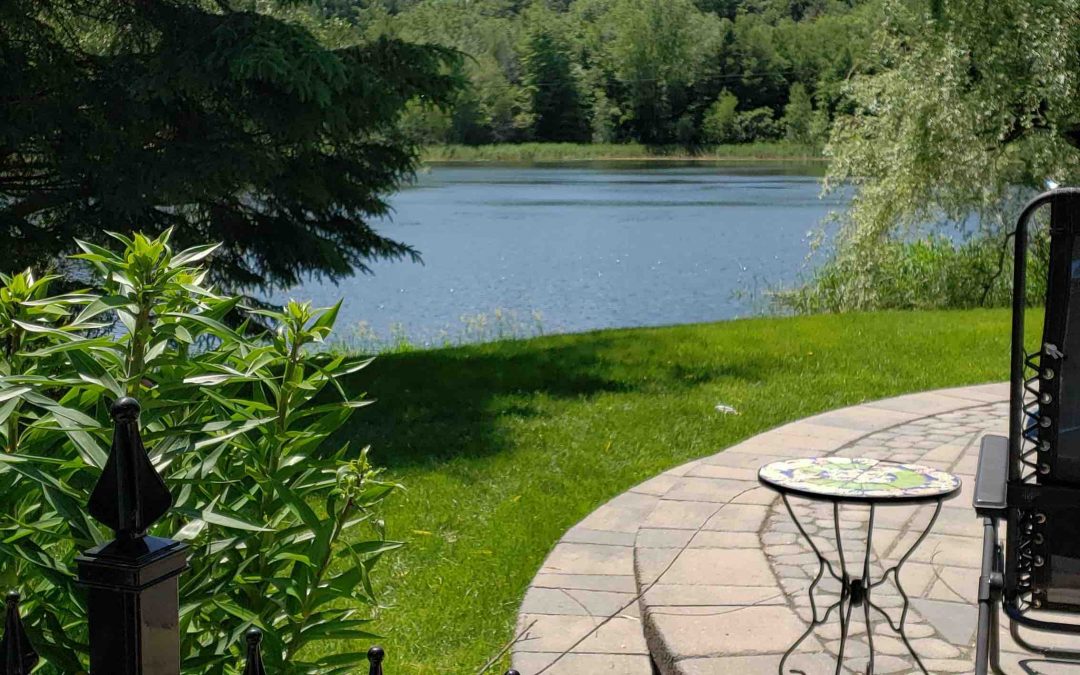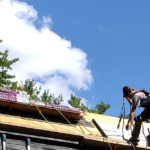When done right, Real Estate Investing pays off in 3 ways. The first is the cash flow that increases your bank account balance every month. The second is the mortgage pay down that is yours every month. The third is the appreciation (increase in value) of the property. Add time to the mix, and all three can actually form the basis of a terrific return on your investment.
The real trick in real estate, is to find a property that will provide positive cash flow shortly after the purchase, will have favourable mortgage terms, and to buy in an ever-increasing market. Real Estate Markets are finicky and pretty precise in their pricing, so finding a property like that can be quite challenging in certain markets. However, “how to find a great property” is not the subject of this article.
Cash Flow
Cash Flow is the change in your bank account after all the rents have been collected, and all expenses plus mortgage payments have been made. Sounds complicated, but really, you want a positive cash flow. This means that you have MORE money in your bank account at the end of the month than in the beginning.
Revenue is all the cash money that flows to you. In real estate, that includes rent, garage rent, parking rent, pet fee, laundry revenue, etc.
Expenses are all the costs associated with your property. Some are somewhat unpredictable and others are stable. Steady expenses include items like municipal taxes, insurance, snow removal, landscaping, property management, utilities, etc. Technically, only the interest part of a mortgage payment is an expense.
The Mortgage Payment is cash that leaves you bank account, and technically, only the interest is an expense. The principal part of the mortgage reduces you debt.
Basically, you will have Positive Cash Flow when the following is greater than 0.
Cash Flow = Revenue – Expenses – Mortgage Payment
Wouldn’t it be great to have an extra $1,000 every month show up in your bank account?
Mortgage Paydown
When you make a mortgage payment, part of the payment is interest, and the other part is principal. Principal is YOURS TO KEEP, forever. If you take a $400,000 mortgage and after 5 years you owe $350,000, you are $50,000 wealthier. As long as you have rents that fully pay the mortgage, this money is yours to keep. If you own the house for 25 years, the entire $400,000 is yours to keep. Simple, eh?
Who pays the mortgage? The tenants, not you.
The only problem is that you cannot (easily) turn it into cash while you are paying the mortgage. If you take a mortgage for 5 years, at the end of 5 years, you could technically refinance the property and take $50,000 of mortgage pay down out. Some people do this, but/however I won’t cover the reasons here.
Wouldn’t it be great to have tenants pay your entire mortgage over 15-25 years?
Appreciation
Appreciation is the increase in value of a property. Over time, a lot of real estate will increase in value naturally in the proper markets. This is the bonus way to make money. Imagine buying a house for $500,000 and after a few years, it is worth $900,000. The difference is yours to keep.
It is important to understand the economic indicators that ensures a property increases in value. Underlying everything is jobs. If there is an economic engine that is growing, it will drive the population, which drives demand, which drives the price of properties up.
Wouldn’t it be great to buy a house for $500,000 and after 15-25 years, it is worth $900,000?
Bonus Phase: Annuity
Once the property is paid off completely what you used to pay in mortgage goes to you! If you save $100,000 to buy $500,000 of real estate that cash flows $1000 a month and you eliminate the $2,000 a month mortgage, you will have $3,000 a month to put in your pocket as part of your retirement plan.
For many people, this annuity is part of their retirement plan. For example, for each house they buy at 40 years old, it is paid off at 65, and as soon as the mortgage is paid off, they are paid for life. It is important to note that a lot of people start much earlier, buy more houses, and also get help with the down payment in a Joint Venture.
Wouldn’t it be great to have $3,000 a month in your retirement from one house?
Putting it all Together
Here is a scenario where you buy a $500,000 house with $100,000 down. Over 25 years, you collect:
| Investment |
$100,000 |
| Cash Flow |
$250,000 |
| Mortgage Paydown |
$400,000 |
| Appreciation |
$450,000 |
| Total |
$1,100,000 |
Annuity for life!
| Cash Flow every year* |
$36,000 |
*This is $36,000 in today’s dollars. Likely to be higher in 25 years, and greater than inflation
Not a bad outcome for an investment of $100,000?
Wouldn’t it be great to turn $100,000 into $1,100,000 and then have $36,000 for life after that?
The Hard Work
The financial picture painted above is very rosy but there is work involved. The truth is that there are struggles throughout the lifecycle of any real estate investment. Finding a property is challenging. Some years are better than others. Roofs need to be saved for and replaced. Tenants can give you headaches and a good reserve for vacancy can (should be?) be kept. A once stable market can hit an economic downturn. Real Estate is “kind of passive”, but it needs monitoring, strategy and planning. Expensive mistakes can be made along the way.
Like most endeavours, some qualities are required:
- Education. Always be Learning.
- Resilience. When knocked down, get back up.
- Patience. Some things take time.
- Strategic Thinking. Monitor Economic indicators.
- Diversification. Different Locations, Multiple Properties.
Becoming a real estate investor is a years long process and takes effort. In the end, for many, it is worth it. Only you can decide if it is a journey for you!
Please feel free to comment below, send me some direct feedback, or share on the Socials. I am grateful to have you on this journey with me!







Great read thanks for opening my eyes on this 🙂
Thanks, Tasso. Good luck in your investing!